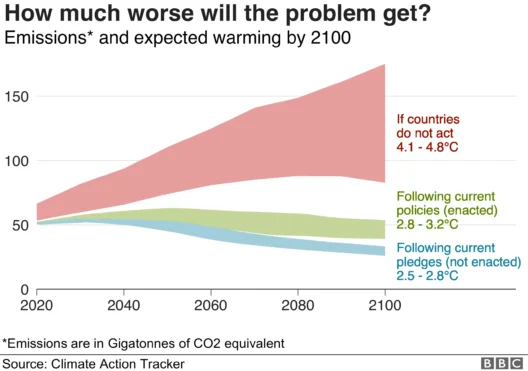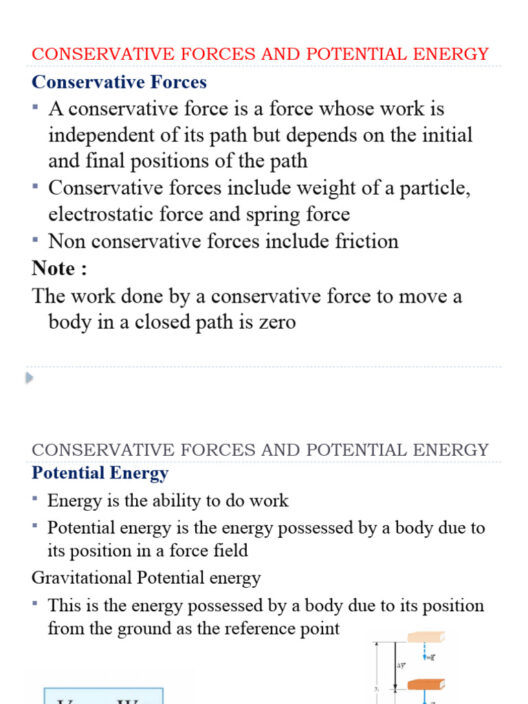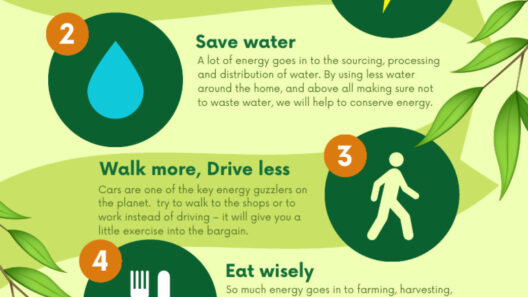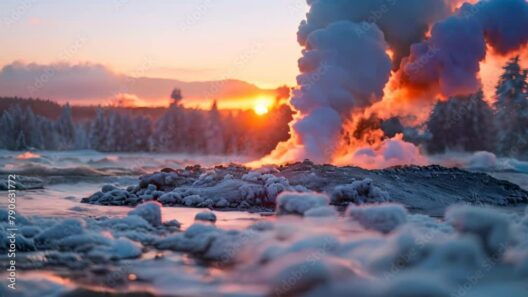The Law of Conservation of Energy is a fundamental principle in physics and plays a pivotal role in our understanding of the natural world. This law posits that energy cannot be created or destroyed but can only be transformed from one form to another. It is an enlightening concept that challenges our understanding of how energy is utilized in various processes, from mundane human activities to complex ecological interactions.
The concept of energy conservation is multifaceted and intersects various disciplines including physics, chemistry, biology, and environmental science. By dissecting common inquiries related to the law of conservation of energy, we can foster a more nuanced understanding of its implications for life and our environment.
One common question pertains to the definition of energy. What precisely is energy? In a scientific context, energy is simply the ability to perform work or produce change. It manifests in numerous forms—kinetic, potential, thermal, chemical, and nuclear, to name a few. Each of these forms has unique characteristics and applications. For instance, kinetic energy is associated with motion; the faster an object moves, the more kinetic energy it possesses. Potential energy, on the other hand, is held within an object due to its position or state, such as a rock poised at the top of a hill.
Another prevalent inquiry involves the manifestations of the conservation principle. Why does it matter that energy is conserved? The significance lies in its applicability across numerous realms. Think about mechanical systems like cars or bicycles. When you pedal, your muscles perform work, converting chemical energy from food into mechanical energy that propels the bicycle forward. In the process of cycling, energy transitions from one form to another, illustrating the conservation principle. This continuous transformation is a testament to the inefficiency often present in energy systems, highlighting the importance of energy conservation in design and functionality.
People often wonder how the Law of Conservation of Energy applies to everyday life. The law implies that energy inputs must equal energy outputs in closed systems. For instance, when cooking, electrical energy is converted into thermal energy, which heats the food. This conversion is governed by the conservation principle; energy is neither lost nor gained but repurposed. Understanding this allows individuals to adopt more sustainable practices, as they can optimize energy use in their daily routines, leading to reduced waste and heightened efficiency.
Moreover, questions frequently arise regarding closed and open systems. What constitutes a closed system, and how does it differ from an open system? A closed system—such as a thermos—allows for energy transfer in the form of heat but does not allow matter exchange. In contrast, open systems permit both energy and matter exchange, like Earth and its atmosphere. Recognizing these distinctions can shed light on various environmental phenomena, including climate change, where energy from the sun enters the Earth’s atmosphere, affecting temperatures and weather patterns.
Another intriguing aspect is the implications of the conservation law in renewable energy. Given the pressing concerns surrounding climate change, individuals often query the potential of renewable resources. How can the Law of Conservation of Energy facilitate a shift toward sustainable energy sources? Renewable energy technologies, like solar panels and wind turbines, exemplify energy conversion while adhering to this principle. Solar panels convert sunlight (solar energy) into electrical energy, while wind turbines transform kinetic energy from wind into mechanical energy. This signifies a compelling shift in energy production, harnessing naturally replenished resources that align with conservation principles.
A popular misconception revolves around the efficiency of energy conversion. Is it possible for energy transformations to be 100% efficient? Realistically, energy transformations are subject to losses, predominantly in the form of heat due to friction or other resistive forces. This inefficiency underscores the importance of innovation in energy systems. Engineers and scientists are perpetually working toward improving these systems to minimize losses, thus optimizing energy transformation processes.
Finally, what future does the Law of Conservation of Energy hold in terms of technological advances? This principle underpins many innovations by emphasizing the need for efficient energy systems, promoting sustainable practices, and encouraging the exploration of new energy sources. In an era defined by rapid technological advancements, understanding and applying the conservation principle could propel humanity toward sustainable energy futures. Innovations in energy storage, such as batteries and supercapacitors, rely on this fundamental law, illustrating how transformative thought can lead to monumental changes.
In summary, the Law of Conservation of Energy is more than a scientific axiom; it is a framework that invites exploration and encourages innovative thinking. Whether it’s through understanding the mechanics of energy transformation in daily life, grappling with the implications for environmental sustainability, or contemplating future technological endeavors, this principle unveils a narrative woven into the fabric of existence. Embracing and advocating for energy efficiency not only manifests personal responsibility but also signifies a collective stride towards a sustainable future. By piquing curiosity about energy conservation, we can inspire real change that transcends generations.








